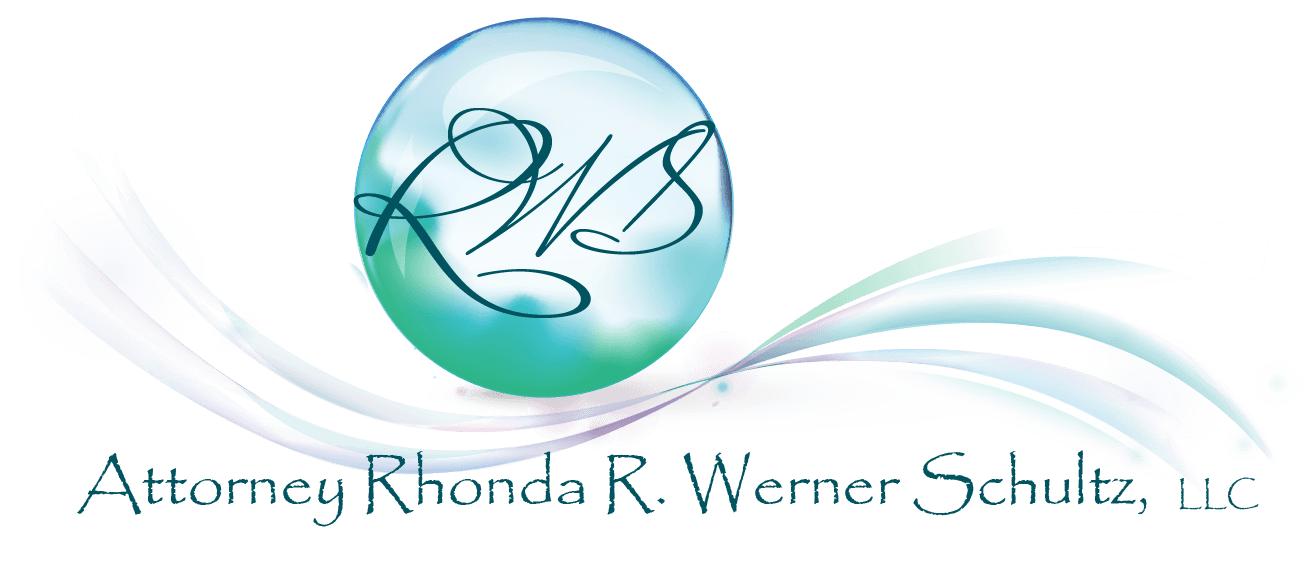No law prevents anyone from extending credit to you immediately after the filing of a bankruptcy and some creditors are willing to extend credit immediately after a bankruptcy filing. You must be very careful with most of these creditors as the terms are extremely poor. Many banks now offer “secured” credit cards where you put up a certain amount of money (as little as $200) in an account at the bank to guarantee payment. Usually, the credit limit is equal to the security given and is increased as you prove your ability to pay the debt. Steady repayment of these debts after bankruptcy can help a person rebuild their credit.
INFORMATION YOU WILL BE ASKED TO PROVIDE:
To prepare a consumer bankruptcy case, you must provide the following documents:
1. PICTURE ID and SOCIAL SECURITY CARD
2. PAY STUBS for the last six months, along with a current monthly pay stub; and commission, pension, worker’s comp, unemployment, disability, and other income for the last two years.
(Note: For the “means test” complete information is needed for the last six months, including income from support, Social Security, pension, or other sources, such as someone paying your living expenses or roommates. Bring documentation showing all household income, including records of any bonuses, commissions, or special payments you have received in the last six months.)
3. If SELF-EMPLOYED, bring six separate monthly profit and loss statements and the bank statements for those six months to support the profit and loss statements.
4. INCOME TAX RETURNS and W-2 FORMS for the previous two years, if available.
5. If you own REAL ESTATE or your name is on the property, provide the following:
- An appraisal report, if appraised in the last 90 days or a broker’s price opinion letter or marketing proposal
- Deed
- All trust deeds (recorded copies) or land sale contracts
- Most recent billing statement for each loan showing the balance owed
- Insurance – the declarations page showing the insurance policy limits
- If you refinanced or sold in the last two years – the closing statement
6. For all MOTOR VEHICLES or WATERCRAFT owned or in your name:
- DMV title and registration for each vehicle, such as ATVs, motorcycles, and personal watercraft, or boat
- Vehicle purchase or lease agreement if purchased in the last 120 days
- Most recent billing statement or printout showing the loan payoff balance
- Insurance – the declarations pages showing the insurance policy limits and proof of current insurance.
7. HOUSEHOLD BUDGET of your monthly household living expenses – the expenses for the entire family, specifically including the amount you pay for health insurance and any medical expenses. The budget is used to analyze your financial situation and determine if you qualify for chapter 7 or chapter 13.
8. BANK STATEMENTS for the past three months for your checking and savings or credit union accounts and most recent statement for all 401(k), IRA, or other retirement plans. Also include the closing statement from any accounts or CDs you have closed in the past year.
9. DIVORCE – property settlement agreement and final judgment/order approving the agreement.
10. SUPPORT ORDERS – any child or spousal support orders and the name and address of the person receiving the support.
11. PREMARITAL OR POST-NUPTIAL property agreements.
12. TRUST DOCUMENTS if you created a trust or are the trustee or beneficiary of a trust.
13. CIVIL LAWSUITS any complaint you filed or filed against you as well as final orders and judgments (including all lawsuits to collect a debt, foreclosure and personal injury actions).
14. MEDICAL/PRIVATE DEBT INFORMATION, including name, address, and amount owed, for doctors, private loans, judgments, and debts not on your credit report.
15. CURRENT CREDIT REPORTS from all three agencies. Can be obtained free at: www.annualcreditreport.com.







